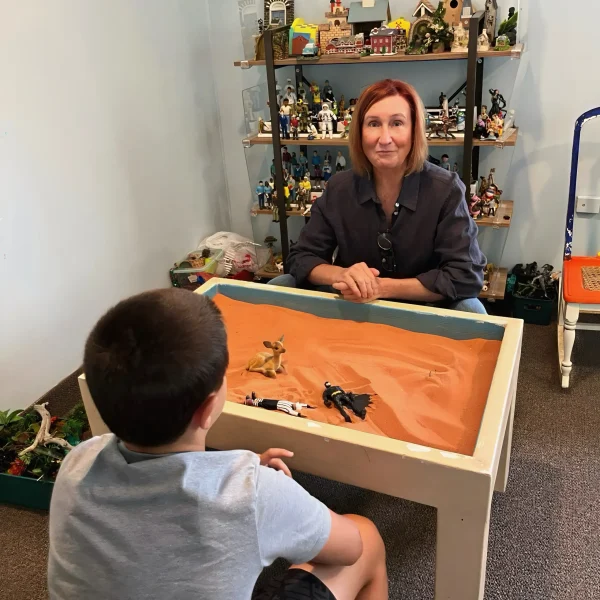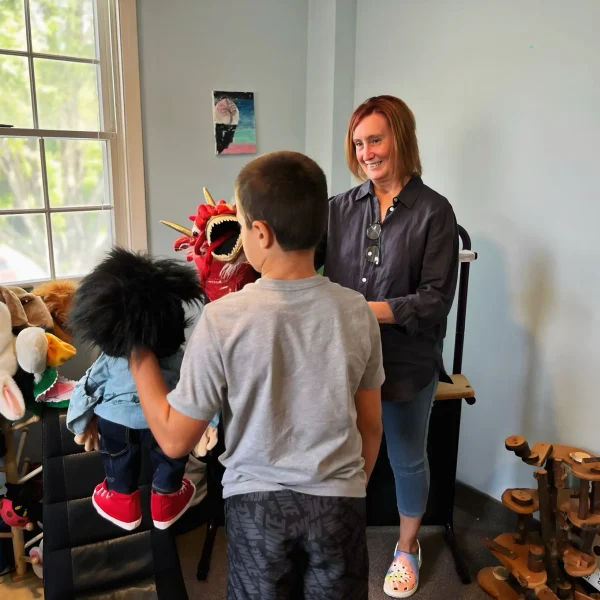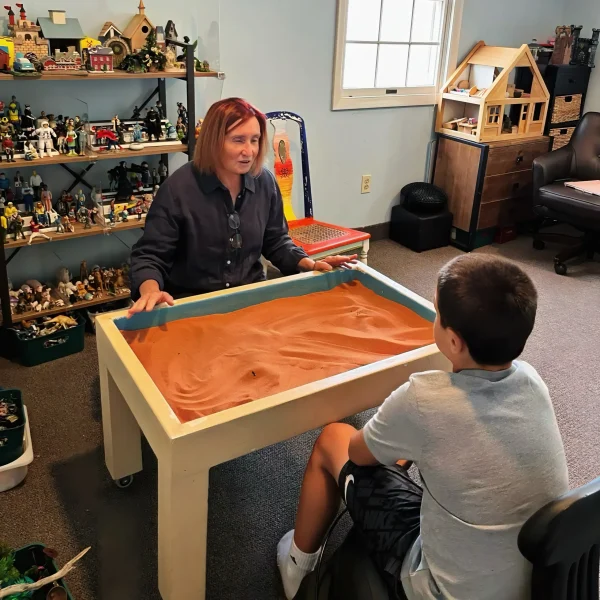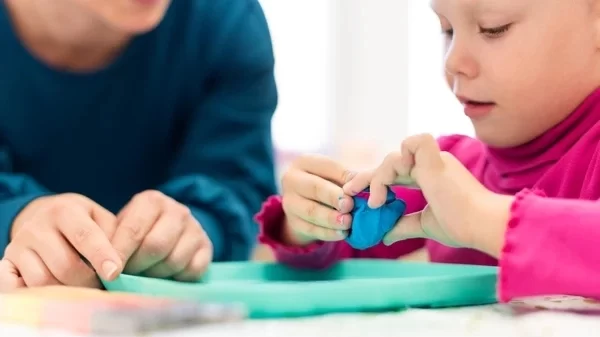WELCOME TO Kelly
Counselling
Trauma
Specialist
Quote – “Let there be an opening into the quiet that lies beneath the chaos, where you find the peace, you did not think possible and see what shimmers within the storm.” John O’Donohue
ABOUT DOTTIE KELLY
Who I am.
I am a licensed professional counselor with 20+ years of experience working with children, adolescents, and adults in individual and group settings. My specialties include trauma systems therapy, post-traumatic stress disorder (PTSD) therapy, diagnosing Symptoms Of Anxiety And Depression, treatment for grief and loss, narcissistic personality disorder treatment, domestic violence support groups, behavioral therapy for kids and support for low self-esteem. Dotty Kelly is also an author of children’s and adult books.


My Expertise
I Specialize in various forms of trauma treatment and counseling, such as:
- Abuse, including sexual, physical, and emotional.
- Being the victim of a crime
- Witnessing or participating in a war
- Being the victim of a natural disaster
- Seeing a loved one die suddenly
- Surviving an accident or fire
- Living through medical traumas
- Victim of a narcissist
Trauma is a response to an intensely stressful event(s) or situation. Traumatic events can happen at any age and have lasting effects on your physical and mental well-being, but healing is possible with trauma counseling in Philadelphia. Seeking trauma treatment in PA can provide the support one needed for recovery.
SERVICES
Trauma
Quote - "Trauma creates change you don't choose. Healing is about creating change you do choose" Michelle Rosenthal Military, Childhood, Anxiety, Depression, Domestic Violence DV.
Victims of a Narcissist
Quote - "There is a place in you where you have never been wounded, where there's a seamlessness in you, and where there is a confidence and tranquility in you." John O'Donoghue
Healthy boundaries, Low self-esteem
GRIEF AND LOSS
Quote - "Why grieve? For two reasons. First, those who grieve well, live well. Second, and the most important, grief is the healing process of the heart, soul, and mind; it is the path that returns us to wholeness. It shouldn't be a matter of if you will grieve: the question is when you will grieve. And until we do, we suffer from the effects of that unfinished business." Elisabeth Kubler-Ross and David Kessler
ENERGY PSYCHOLOGY
Quote - "On this sacred path of Radical Acceptance, rather than striving for perfection, we discover how to love ourselves into wholeness." Tara Brach Emotional Freedom Technique (EFT)
MODALITIES
Internal Family System (IFS), Eye Movement Desensitization and Reprocessing (EMDR), Accelerated Resolution Therapy (ART), Brainspotting (BSP).
Quote – “Trauma creates change you don’t choose. Healing is about creating change you do choose.” Michelle Rosenthal
Military ,
Childhood,
Anxiety,
Depression,
Domestic Violence DV
Quote - “There is a place in you where you have never been wounded, where there’s a seamlessness in you, and where there is a confidence and tranquility in you.” John O’Donoghue
Healthy boundaries,
Low self-esteem
Quote – “Why grieve? For two reasons. First, those who grieve well, live well. Second, and the most important, grief is the healing process of the heart, soul, and mind; it is the path that returns us to wholeness. It shouldn’t be a matter of if you will grieve: the question is when you will grieve. And until we do, we suffer from the effects of that unfinished business.” Elisabeth Kubler-Ross and David Kessler
Quote – “On this sacred path of Radical Acceptance, rather than striving for perfection, we discover how to love ourselves into wholenss.” Tara Brach
Emotional Freedom Technique (EFT)
Internal Family System (IFS), Eye Movement Desensitization and Reprocessing (EMDR), Accelerated Resolution Therapy (ART), Brainspotting (BSP)
VIRTUAL SESSIONS












